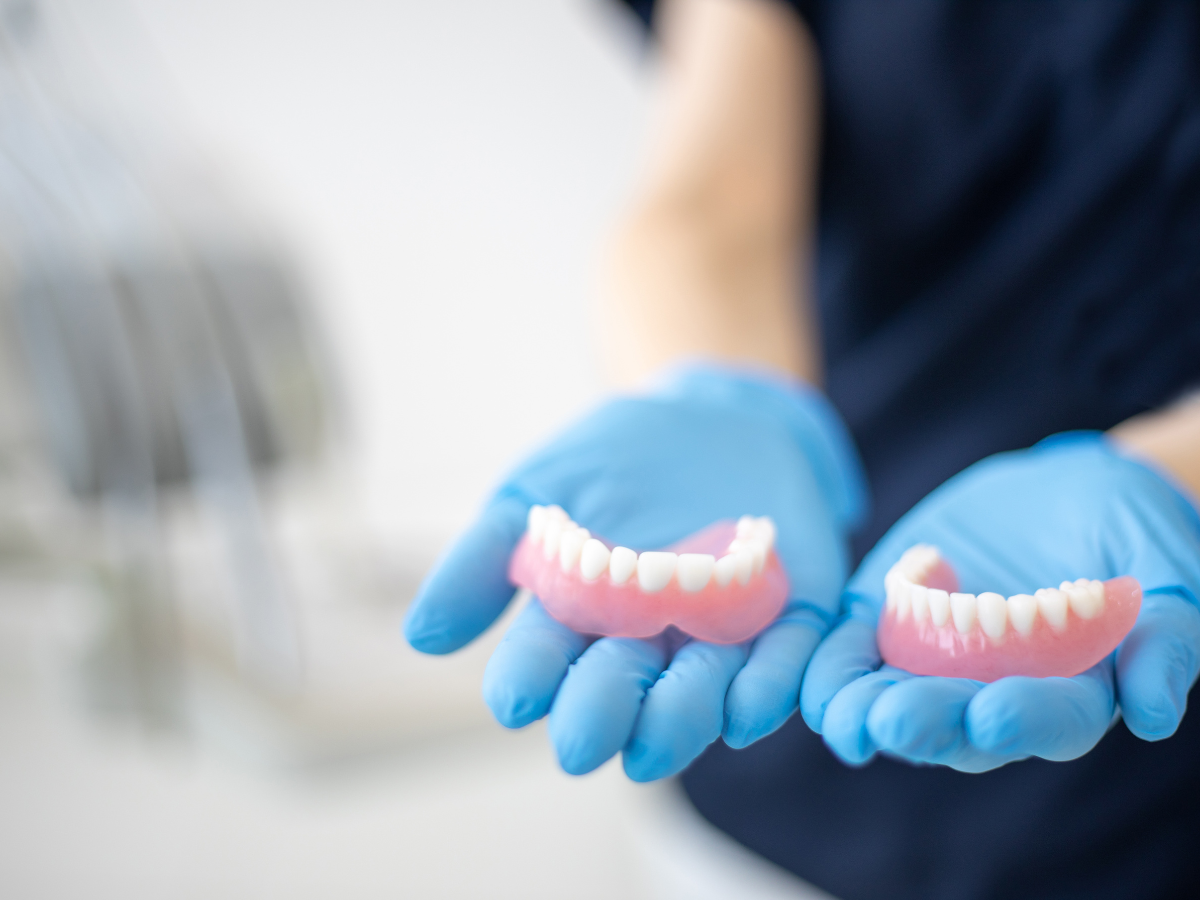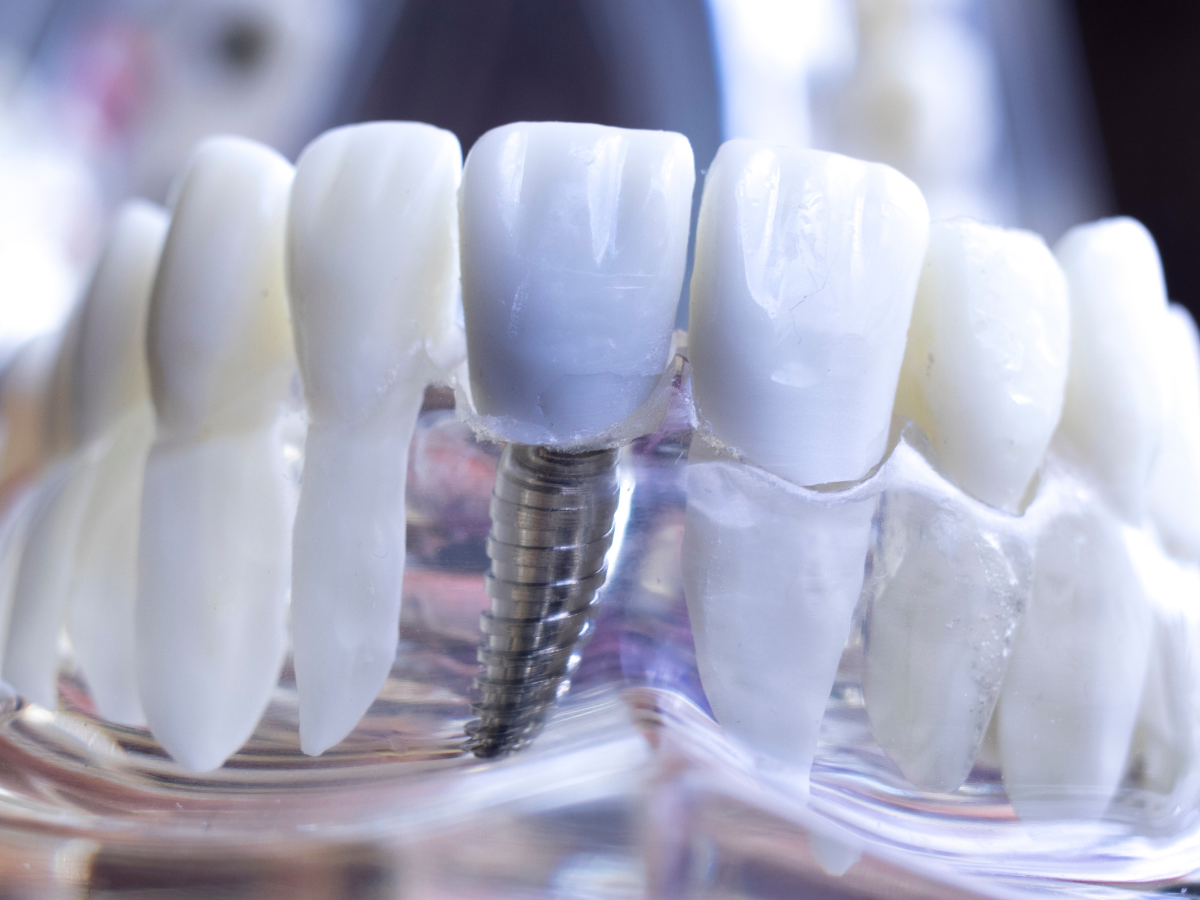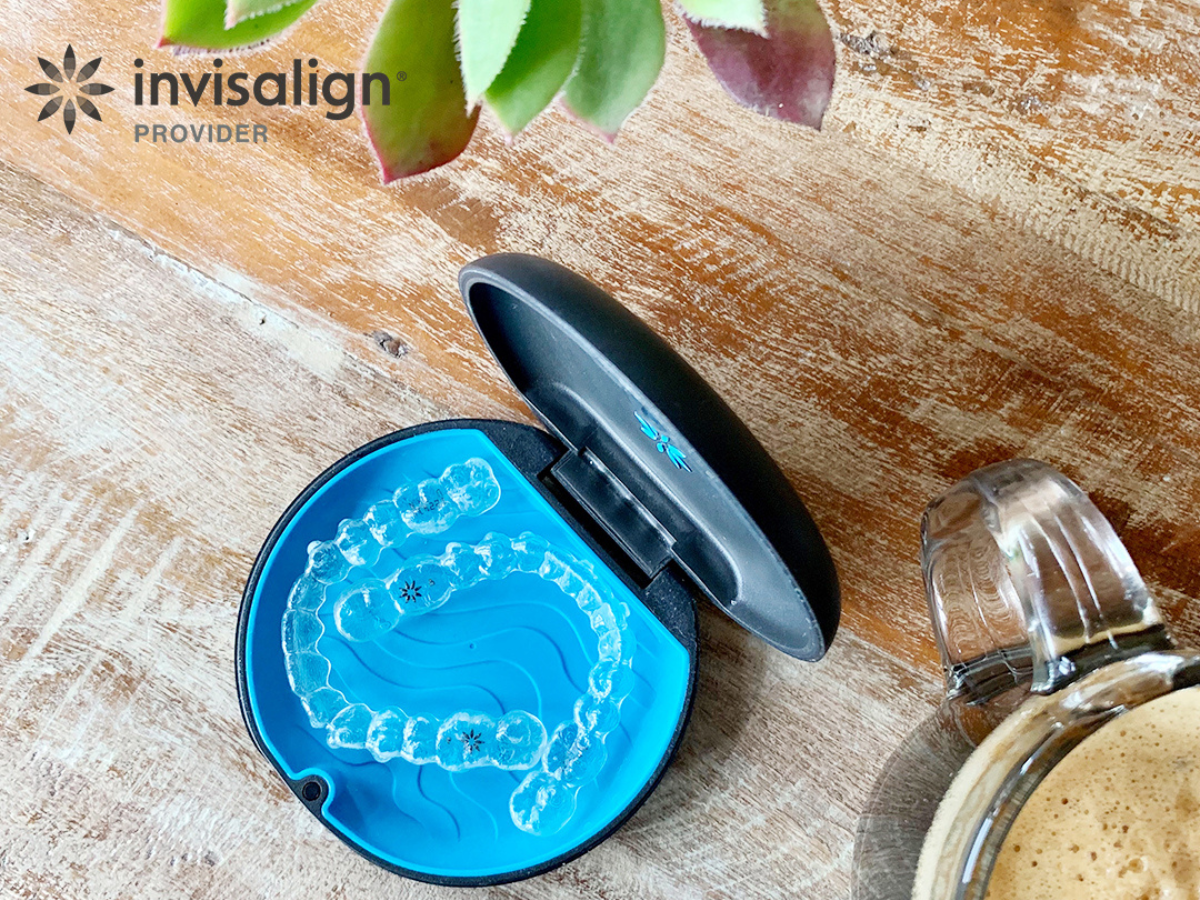Kids Dentist: Fun Tips for Engaging Dental Visits
Creating positive dental experiences for children requires special skills that every kids dentist develops over years of practice. Young patients need different approaches than adults to feel comfortable and cooperative during dental appointments. These engaging strategies help children build healthy relationships with oral care while making visits enjoyable rather than stressful.
How a Kids Dentist Designs Child-Friendly Office Spaces
The physical environment plays a crucial role in helping children feel comfortable during dental visits. A skilled kids dentist designs their office space with specific elements that reduce anxiety and create positive associations.
Essential Design Elements Include:
• Soothing colours and child-friendly decorations throughout the office
• Interactive waiting areas with books, toys, and educational games
• Treatment rooms with ceiling-mounted televisions or tablets
• Child-sized dental chairs and appropriately scaled equipment
• Step stools and mirrors positioned at child height
• Gentle background music or nature sounds for relaxation
These environmental modifications help children associate dental visits with positive experiences rather than medical procedures. When children feel comfortable in the space, they cooperate better during treatments and develop positive attitudes toward oral healthcare.
Communication Techniques Every Kids Dentist Uses Successfully
Effective communication forms the foundation of successful pediatric dental care. An experienced kids dentist speaks directly to children using age-appropriate language that explains procedures without causing fear.
Key Communication Strategies:
• Use friendly terms instead of medical jargon (sleepy juice vs injection)
• Demonstrate instruments on stuffed animals before patient treatment
• Offer frequent praise and positive reinforcement throughout appointments
• Explain procedures using simple, honest language appropriate for age
• Allow children to ask questions and express concerns freely
• Maintain eye contact and speak at the child's eye level
Show-and-tell techniques work exceptionally well with young patients. Dental professionals demonstrate instruments on dolls before using them on children. This approach allows kids to see exactly what will happen and reduces anxiety about unknown procedures.
Educational Activities That Make Learning Fun for Young Patients
Teaching children about oral health through engaging activities makes learning memorable and enjoyable. Interactive approaches help children understand the importance of proper oral care while having fun.
Effective Educational Methods:
• Interactive games that demonstrate proper brushing techniques
• Disclosing tablets that reveal plaque as a detective game
• Storytelling about teeth fighting cavity monsters
• Hands-on practice with oversized tooth models and giant toothbrushes
• Educational videos featuring animated characters
• Simple experiments showing how sugar affects teeth
A creative kids dentist might tell stories about brave teeth fighting cavity monsters or explain how fluoride acts like a superhero protecting teeth. These narratives make abstract concepts concrete and relatable for children's developing minds.
Reward Systems That Motivate Children Between Visits
Positive reinforcement through reward systems encourages children to maintain good oral hygiene habits at home. A thoughtful kids dentist implements various motivational strategies that make oral care exciting.
Popular Reward Approaches:
• Sticker charts tracking daily brushing and flossing habits
• Small prizes for successful dental visits and cooperation
• Certificates celebrating good oral hygiene practices
• Photo opportunities with dental mascots or special chairs
• Treasure box selections after completing treatments
• Progress tracking with visual charts and milestones
These visual reminders help children take ownership of their oral health routines. The anticipation of earning rewards often motivates children to cooperate during procedures and maintain better home care habits.
Age-Specific Techniques Kids Dentist Professionals Recommend
Different age groups require tailored approaches for optimal success. A skilled kids dentist adapts communication style, treatment pace, and expectations based on each child's developmental stage.
Toddlers (Ages 1-3):
• Very short appointments with frequent breaks
• Simple language and basic explanations
• Parent involvement for comfort and security
• Focus on familiarization rather than extensive treatment
Preschoolers (Ages 3-5):
• Imaginative play and storytelling during treatments
• Pretend games like counting teeth or giving teeth baths
• Simple explanations with lots of positive encouragement
• Interactive demonstrations with toys and models
School-Age Children (Ages 6-12):
• Scientific explanations about oral health and cavity formation
• More detailed discussions about treatment procedures
• Increased responsibility for home care routines
• Educational materials they can read independently
Building Trust Between Kids Dentist and Young Patients
Trust develops gradually through consistent, gentle interactions over multiple visits. A patient kids dentist never rushes procedures or dismisses children's concerns, even when fears seem irrational to adults.
Trust-Building Strategies:
• Allow children to make small choices during appointments
• Provide honest explanations about what procedures will feel like
• Respect children's pace and comfort levels throughout treatment
• Acknowledge fears and concerns without dismissing them
• Celebrate small victories and progress during each visit
• Maintain consistency in staff and approach across appointments
When children know what to expect, they feel more prepared and less anxious about dental procedures. Honesty about treatments builds long-term trust more effectively than false reassurances.
How Parents Support Positive Kids Dentist Experiences
Parent involvement significantly impacts children's attitudes toward dental care. A collaborative kids dentist educates parents about supporting positive dental experiences both at home and during office visits.
Parent Support Guidelines:
• Remain calm and positive during dental appointments
• Learn proper brushing techniques alongside children
• Reinforce positive messages about oral health at home
• Avoid using dental visits as threats or punishments
• Prepare children for appointments with positive language
• Follow through with recommended home care routines
Regular communication between dental professionals and parents ensures consistent messaging about oral health importance. When parents understand treatment recommendations, they can better support their children's oral health goals.
Professional Care Standards for Pediatric Dental Success
Quality pediatric dental care requires specialized training and ongoing education. Professional kids dentist practitioners stay current with the latest techniques and research in pediatric dentistry.
Professional Standards Include:
• Specialized training in child psychology and behaviour management
• Continuing education in pediatric dental techniques and materials
• Understanding of child development stages and appropriate expectations
• Knowledge of pediatric-specific dental conditions and treatments
• Ability to recognize and address dental anxiety in children
• Collaboration with other healthcare providers when necessary
The team at Westmount Dental Waterloo specializes in creating positive dental experiences for children of all ages. Their kid-friendly approach combines professional expertise with engaging techniques that help young patients develop lifelong healthy oral care habits.
For families in Waterloo seeking a caring kids dentist who makes dental visits enjoyable, Westmount Dental Waterloo provides comprehensive pediatric dental care in a welcoming, child-centered environment. Contact them at (519) 578-2720 to schedule your child's next dental appointment and discover how professional pediatric care can make all the difference.






